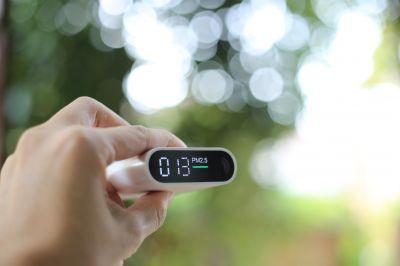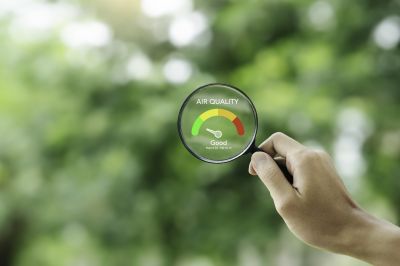Optimal Timing for Particulate Testing
Particulate testing is most effective when performed during specific environmental conditions and operational periods. Optimal times include periods of high activity, such as manufacturing shifts, or during environmental changes like seasonal transitions. Conducting tests during these times ensures accurate measurement of airborne particulates and helps identify sources of contamination.
Testing during peak production or operational hours captures maximum particulate levels, aiding in identifying critical points of emission.
Seasonal variations can influence particulate levels; testing during different seasons provides comprehensive data.
Performing tests after maintenance ensures equipment is functioning properly and particulate levels are within acceptable limits.
Testing during days with elevated pollution can reveal the impact of external factors on indoor air quality.

Ways to make Particulate Testings work in tight or awkward layouts.

Popular materials for Particulate Testings and why they hold up over time.

Simple add-ons that improve Particulate Testings without blowing the budget.

High-end options that actually feel worth it for Particulate Testings.
| Timing Aspect | Details |
|---|---|
| Operational Periods | Testing during high activity hours captures maximum particulate emissions. |
| Environmental Conditions | Seasonal and weather changes influence particulate levels. |
| Post-Maintenance | Ensures equipment functions correctly and particulate levels are controlled. |
| External Pollution Events | High pollution days can impact indoor particulate concentrations. |
| Baseline Establishment | Pre-operation testing sets a reference point for future comparisons. |
| Peak Emission Sources | Identifies times when emission sources are most active. |
| Regulatory Compliance | Timing tests to meet compliance requirements. |
| Indoor vs. Outdoor | Comparing indoor air quality during different external conditions. |
Particulate testing provides critical insights into air quality and contamination sources within various environments. Regular testing helps maintain safety standards, optimize operational processes, and ensure compliance with regulatory guidelines. Accurate timing of these tests enhances the reliability of data collected, enabling better decision-making and targeted interventions.
Interested in scheduling particulate testings? Filling out the contact form can facilitate planning and ensure testing is conducted at the most appropriate times for specific operational needs.



